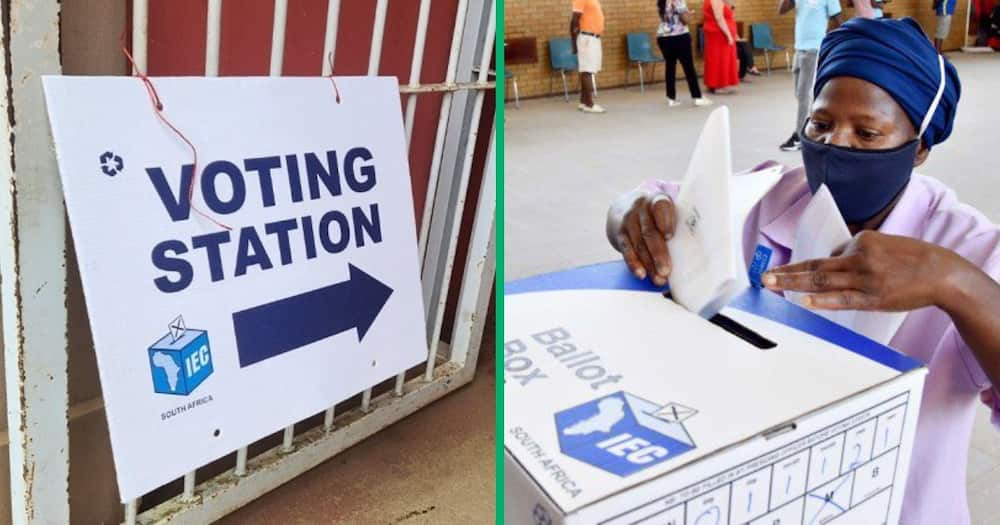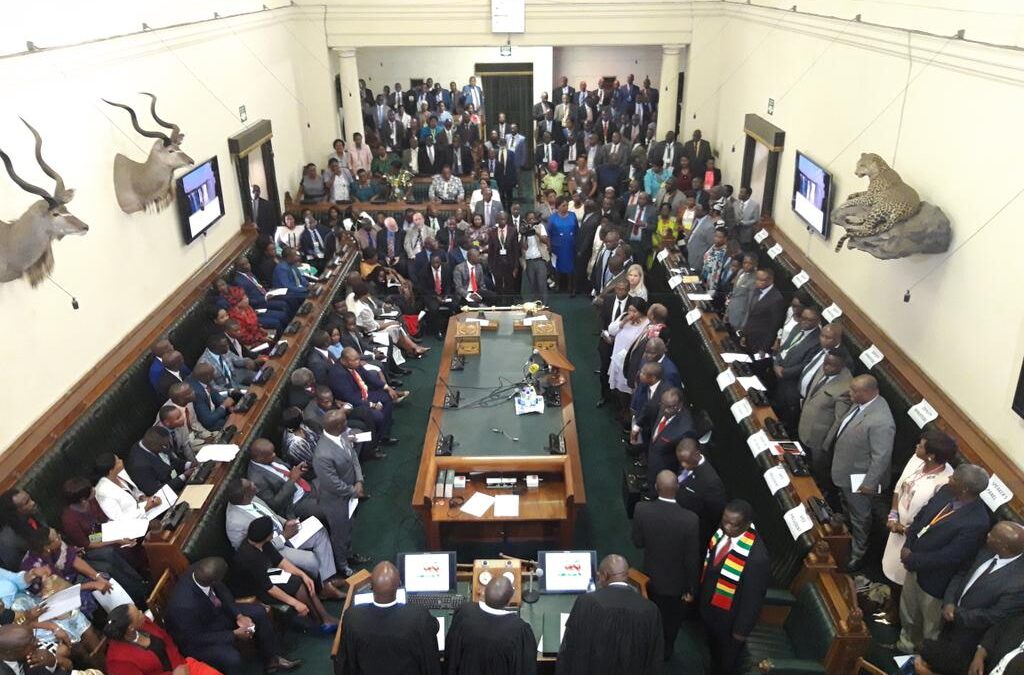Prime Minister Benjamin Netanyahu’s Likud party would grow to 40 seats if fresh elections were held today, and together with his right-wing religious allies could easily form a government without Defense Minister Benny Gantz’s Blue and White party, according to a television poll aired Monday which also predicted the storied Labor party being wiped out in such a vote.
Together with Shas, United Torah Judaism and Yamina, Netanyahu’s Likud-led bloc would have 64 seats, giving him a majority in the 120 seat Knesset.
The Channel 12 survey comes just weeks after a new complex unity government was sworn in, ending over 500 days of political deadlock that saw Israel slog through three inconclusive elections. Gantz entered into negotiations to form a government with Netanyahu after the most recent elections in a move that led to the splintering of Blue and White, which had campaigned on replacing the Likud chief due to his indictment on graft charges.
According to the TV survey, Likud would be the largest party with 40 seats if elections were held today, up from the 36 it now has. That would be the best showing by any party since the 1992 elections, when Labor under Yitzhak Rabin picked up 44 seats.
Following Likud in the poll was the predominately Arab Joint List, which would maintain its current strength of 15 seats.
Yesh Atid-Telem, the two factions that broke with Gantz over their opposition to joining a government led by Netanyahu, would together get 14 seats, two more than the 12 seats the poll said Blue and White would receive.
The poll said Avigdor Liberman’s right-wing secularist Yisrael Beytenu party, whose feuding with Netanyahu’s religious partners helped trigger the extended political gridlock, would grow to nine seats, up from the seven it received in the last election.
Yamina, a national-religious faction that backed Netanyahu in the elections but was left out of the new government, would receive eight seats, a gain of two from the six seats it now has.
Rounding out the poll was the left-wing Meretz party, which would get six seats. The party, which ran together with the Labor and Gesher factions in the last elections, currently has three seats.
Four small factions that are part of the new government — Labor, Gesher, Derech Eretz and Jewish Home — would all fail to clear the 3.25 percent of the total vote needed to enter the Knesset.
Such an outcome would mark the first time in the nation’s history that Labor, in one form or another, would not cross the electoral threshold. The party and its predecessors led Israel for nearly three decades after the country’s founding, but has seen its fortunes drop precipitously in recent years and has not been in power since 2001.

Though a new government was just formed, some analysts have speculated Netanyahu could seek to dissolve the government before Gantz takes over for him as prime minister in November 2021 as part of their coalition deal.
However if he does so, legislation put in place to form the current government would install Gantz as prime minister in the lead-up to the election and until a new government is formed in its aftermath.
In an interesting twist, Channel 12 also polled respondents on the possibility of a new Facebook-based organization of independent business owners running as a party. In that case, the independents would win five seats, slightly lowering Likud to 38, but also taking seats from Blue and White and Yesh Atid-Telem. Netanyahu would still have a right-wing majority with 62 seats.

The poll also asked about Netanyahu’s pledge to begin annexing parts of the West Bank allocated to Israel under US President Donald Trump’s peace plan next month. The question was: “On July 1, Israel is supposed to apply sovereignty over 30 percent of Judea and Samaria [West Bank] and, in accordance with Trump’s proposal, will agree to hold negotiations on the establishment of a Palestinian state. Do you support or oppose this?”
Overall, 46% of respondents were opposed, while 34% were in favor. Among those who define themselves as right-wing, 41% were in favor and 39% opposed, while among those who consider themselves center-left, 56% were against and 24% in favor.
Asked what the most important task of the next government was, only 4% of the total respondents said annexation, while 69% said addressing the economic fallout from the coronavirus pandemic and 15% said dealing with COVID-19 itself.
The survey, conducted by pollster Manu Geva, included 509 respondents and had a 4.4% margin of error.
Source: Times of Israel





0 Comments